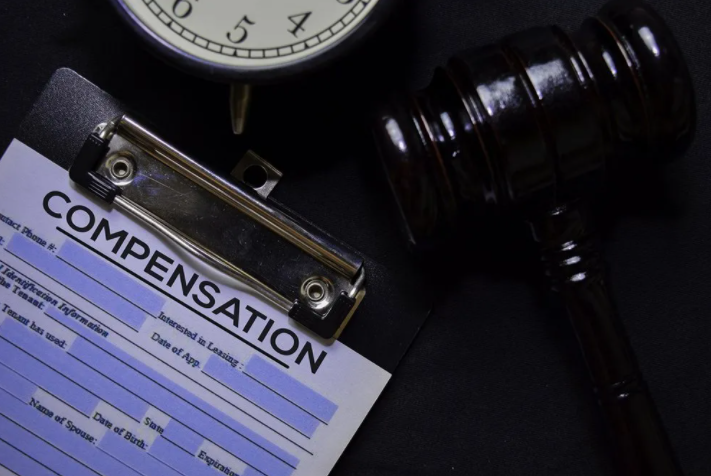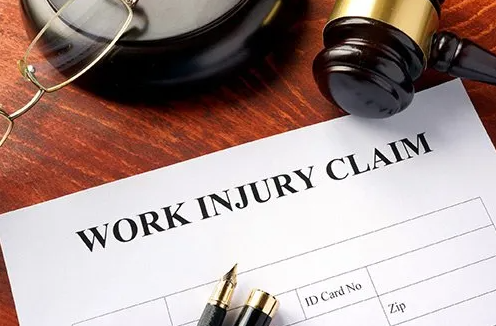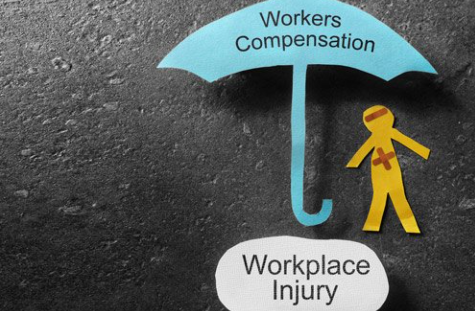Over 30 Years Representing Injured Workers
Blog Layout
LONGSHOREMEN: COMPENSATION FOR HEAD INJURIES
Admin • December 9, 2018

Head injuries are a severe issue that may take a longshoreman out of work either temporarily or permanently. Thankfully, the Longshore and Harbor Workers’ Compensation Act can provide financial support for your recovery and may help you get back on your feet again.
Why Head Injuries Are So Problematic
Longshoremen work under conditions that are often very difficult and physically challenging. For example, they may need to climb a high crane on a ship during severe weather conditions to reach a difficult building area. In this type of scenario, head injuries are possible and can be devastating for a longshoreman.
For example, somebody with a head injury may suffer from decreased mental acuity, lowered response rates, impaired memory patterns, loss of hearing, changes in personality, or difficulties with communication. Thankfully, recovery may be possible in certain circumstances, especially if longshoremen use the Longshore and Harbor Workers' Compensation Act to get financial help.
How the Longshore and Harbor Workers' Compensation Act Helps
Construction workers in harbors or on ships can get financial compensation for a head injury, thanks to the Longshore and Harbor Workers' Compensation Act. This important law was signed into place to help people who work under dangerous conditions. Before the act, workers' compensation claims were often harder to win.
Thankfully, longshoremen who suffer a head injury while on the job can get financial help while they attempt to recover from their trauma. For example, compensation will help them pay their rent and all other financial obligations. Just as importantly, workers' compensation provides workers with help for their medical care during a difficult period.
As a result, longshoremen who have a head injury may be able to use their compensation money to pay for physical and mental therapy to overcome new challenges after their head injury.
Unfortunately, these individuals may also be negatively affected if their claim is denied by the compensation officials.
When Coverage Is Sometimes Denied
Most claims under the Longshore and Harbor Workers' Compensation Act are accepted, especially in severe cases like a head injury. However, some claims may be denied, after which the work will need to hire professional help. For example, a person who does not file their application during the proper time frame — which varies depending on the injury — may be denied.
In other cases, the claim may be denied if the person who was injured is considered mentally incompetent without a guardian to help disperse the money. Unfortunately, someone with a head injury may either temporarily or permanently fall under this heading, which could complicate the speed of their financial reimbursement.
Typically, coverage under the Longshore and Harbor Workers' Compensation Act lasts only as long as the individual needs the coverage. The moment that the person has regained enough of their health — including mental competency — to come back to work, further coverage will be denied. The individual will either find a new job or return to their previous employment.
How to Get Help Recovering Claims
Some individuals may experience head injuries that are permanent and that make it impossible for them to get back to work. Others may need temporary help to stay on their feet while they regain their full capabilities. Regardless, any longshoreman who suffers a head injury on the job deserves to get compensation for their injuries.
So if you or somebody who you love is a longshoreman in this complicated legal position, please don't hesitate to contact The Law Offices of Jeffrey M. Greenberg. Our professionals will carefully research your case and present it in a way that increases your chances of winning and gaining the compensation that you deserve for your head injury.
By Admin
•
April 28, 2020
If you suffer an injury at work, you should report the injury to your employer as soon as possible. Learn why the timing is important.
By Admin
•
March 5, 2020
Construction injuries can often be serious. Learn about three ways construction workers can reduce their chances of injury on the job.
By Admin
•
November 4, 2019
If you are injured at work, you should be aware of work capacity after a work-related injury so you can prepare yourself. Learn more.
THE LAW OFFICES OF JEFFREY M. GREENBERG
IN BUSINESS SINCE 1992
SE HABLA ESPAÑOL
Phone:
Address:
825 Van Ness Ave., Suite 601
San Francisco, CA 94109
Content, including images, displayed on this website is protected by copyright laws. Downloading, republication, retransmission or reproduction of content on this website is strictly prohibited. Terms of Use
| Privacy Policy






